Cosmic horror fans have a whole lot of sanity-blasting mayhem to look forward to in the near future. Just like we had Agony and Lust For Darkness dueling over the top spot for sexed-up horror earlier in the year, now we’ve got Call Of Cthulhu and The Sinking City vying for mythos supremacy.
These two titles are intricately intertwined, and they were originally supposed to even be the same game! Frogwares shunted the official Call Of Cthulhu off to Cyanide Studios and instead switched gears to the open world Sinking City instead.
While Sinking City isn’t coming until early 2019, we get to hear the call of the great old one Cthulhu in October, and I had the pleasure of trying out the first two hours in an extended preview.
From what I’ve played so far, Call Of Cthulhu is radically different from what anyone may have been expecting. This is nothing like what the advanced trailers or gameplay previews may have led the gaming populace to believe.
Walking Sim Or Investigative Adventure Game?
There’s been one question in all the forums: is this a walking simulator or a defenseless horror game where you just run from the big baddie?
It’s important to note that Call Of Cthulhu is based on the Chaosium pen and paper RPG rules, and that’s a distinction that may change your perception of the game entirely.
It wouldn’t be fair at all to compare this cosmic horror entry to something like Layers Of Fear, which seems to be the biggest worry from genre fans. Although the focus of the game is most assuredly not on combat, this isn’t just about walking around and occasionally avoiding an un-killable enemy.
The best way to describe the gameplay would be a mix of the investigation aspects of Observer meeting the non-combat parts of Vampire: The Masquerade Bloodlines.
This is an RPG, there’s no question about it, its just an RPG that is (vastly) more focused on dialog, solving puzzles, and finding objects than on pulling out a gun or getting into fist fights. In fact in the preview section, there was no combat at all.
Translating PnP To The First Person Format
If you’re wondering about the aesthetic, rest assured Cyanide gives us an unhealthy green pallor to everything, and plenty of that “Innsmouth look” is found among the characters and locations. You can also expect to come across a whole lotta rotting fish carcasses.
Visuals aside, there’s a big shift in style as this pen and paper system is translated to the first person 3D perspective. The d100 skill system is sort of there still, but it’s more hidden under the hood and presented as different ways to handle situations.
For instance, using Spot Hidden might help you find an object for bypassing a puzzle entirely, while you could instead use Strength to intimidate someone into revealing a clue or Investigate to pick a lock.
There’s a very low chance to succeed on skill checks in the early segments before you start earning extra points to add, so your starting build is critical to your play style. A jack of all trades will truly be master of none here.
Like with the pen and paper game, investigation is the focus, whether that involves questioning the locals, digging up dusty tomes, or finding clues to the scene of a crime.
There are plenty of instances where you can get more information by returning to characters and questioning them again after you found some clue or object in a different area.
That’s huge — because there are parts of the map you can just flat out miss entirely, so fully exploring a section before moving on is critical if you want the whole story.
When you find particularly important locations, you get to enter “scene recreation” mode, which is actually a really interesting way of visually representing the discovery of clues. This mechanic will definitely make you think of Will Graham piecing together crime scenes from the Hannibal TV show.
Once you’ve found all the clues, what’s there to do in an investigative adventure game on another playthrough? It seems like replay value in the full game will come from two main areas.
The first will be in tackling the early segments of the game in various ways with different builds. For instance, there were several rooms I wasn’t able to access in my first playthrough as I didn’t have the ability to pick locks.
Based on missing dialog wheel sections, it seems pretty clear there were clues in those rooms that would have opened up new conversation paths.
I’m guessing the second way to create a desire to replay will be in the ending, which appears to have two major branching points.
Based on a few choices presented in the preview, it seems like the main character’s ultimate fate will likely either be drunk and drugged (but with their mind safely harbored away from the awful truth), or sober and with their mind fully engaged. That second option will almost certainly lead to permanent madness.
It also seems pretty clear from a few hints in the preview that this story will follow the tried and true path of revealing the protagonist has uncomfortably ichthyic parentage.
Give Us More Madness, Please
After wrapping up the preview playthrough, I sincerely hope what was presented wasn’t the entirety of the first four chapters in the full release version, because they are all extremely short.
There needs to be more to interact with, more to learn, and more ways to use your skills in all four chapters. The sanity system also wasn’t explored much, and I’m eagerly looking forward to seeing where that goes.
It seems like as you experience more mind-breaking events, the detective’s thinking shifts away from rational A to B thought processes and expands out into more creative jumps in logic.
I definitely want to see more of the interactions between the different factions on the island, as well. Cops, smugglers led by a murderous woman, local whalers, and an underground cult are all on a collision course here, but we just got the barest of a hint of what’s going on between those groups in the preview.
Dead But Dreaming… Of More Polish And Bug Fixes
The game isn’t finished yet, so take this next section with a grain of salt, but there are some major bugs to be worked out still.
In particular, the dialog quality varies wildly, with the sound raising or dropping between sentences and making it very clear these snippets were not all recorded at the same time.
There are also times where it seems like this style of game might have been better off in a 2D dialog-driven presentation without voice acting. For instance, in games like Tyranny, Pillars of Eternity, Wasteland 2, etc. the developers spent a ton of time making sure all the branching dialog paths interact as intended.
Here, it’s more hit or miss. In one particular conversation, an NPC spoke as though they knew me and we had been introduced. The only problem with that is that I picked the dialog choice to introduce myself last, so the whole conversation made no sense and ended very awkwardly.
There were furthermore several times where the dialog wheel just stopped working. I could move it with my mouse, but couldn’t click any options or press anything with the keyboard, so I just had to re-launch the game.
The Bottom Line, And What’s To Come
In the beginning, I really wasn’t sure what to make of this version of the Call Of Cthulhu rules, but by the end of the tunnels beneath the mansion on Darkwater Island I was hooked and wished it hadn’t ended.
With some polish and bigger areas, this could be one of the better representation of the mythos in video gaming, and hopefully, it’s just the beginning.
It would be a very welcome change to see these rules translated into more modern tales down the line, rather than the typical 1920s setting. That stellar first season of True Detective showed the world you can have a successful investigative story with the mythos firmly planted in the background, and you don’t even need tentacle monsters to show up at all.
Call Of Cthulhu will also serve as a sort of a test run for the upcoming PC rendition of the pen and paper Werewolf: The Apocalypse RPG, currently being developed by Cyanide Studio. How this game is received will certainly have a big impact on how Werewolf performs when it finally sees release.
Horror fans are getting a little spoiled with two major mythos entries arriving in short succession. If you want a dialog-based investigative game centered more on the pen and paper style, Call Of Cthulhu will be your pick. If you prefer a more action-oriented open world style, then Sinking City will likely be your top choice instead.
Me? I’m gonna play ’em both for double the madness.

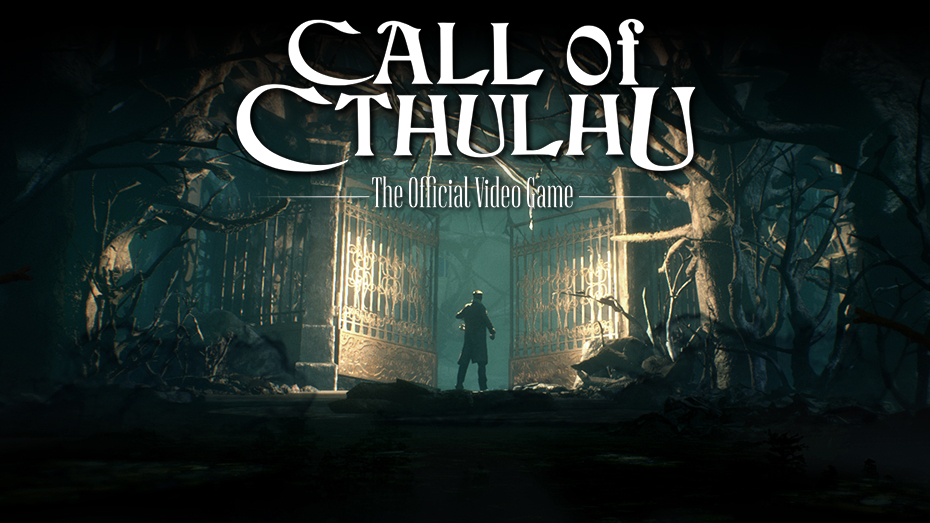
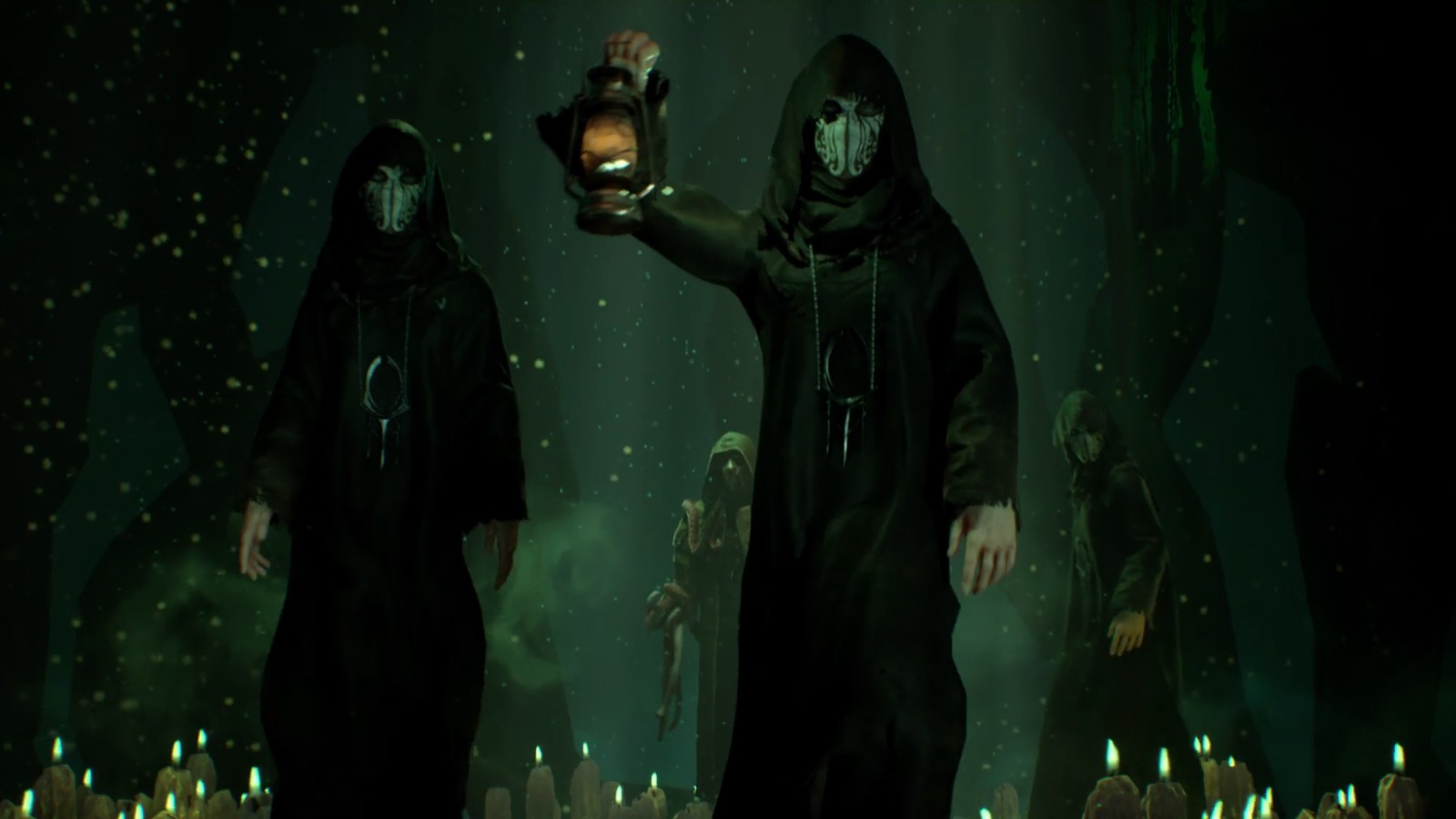
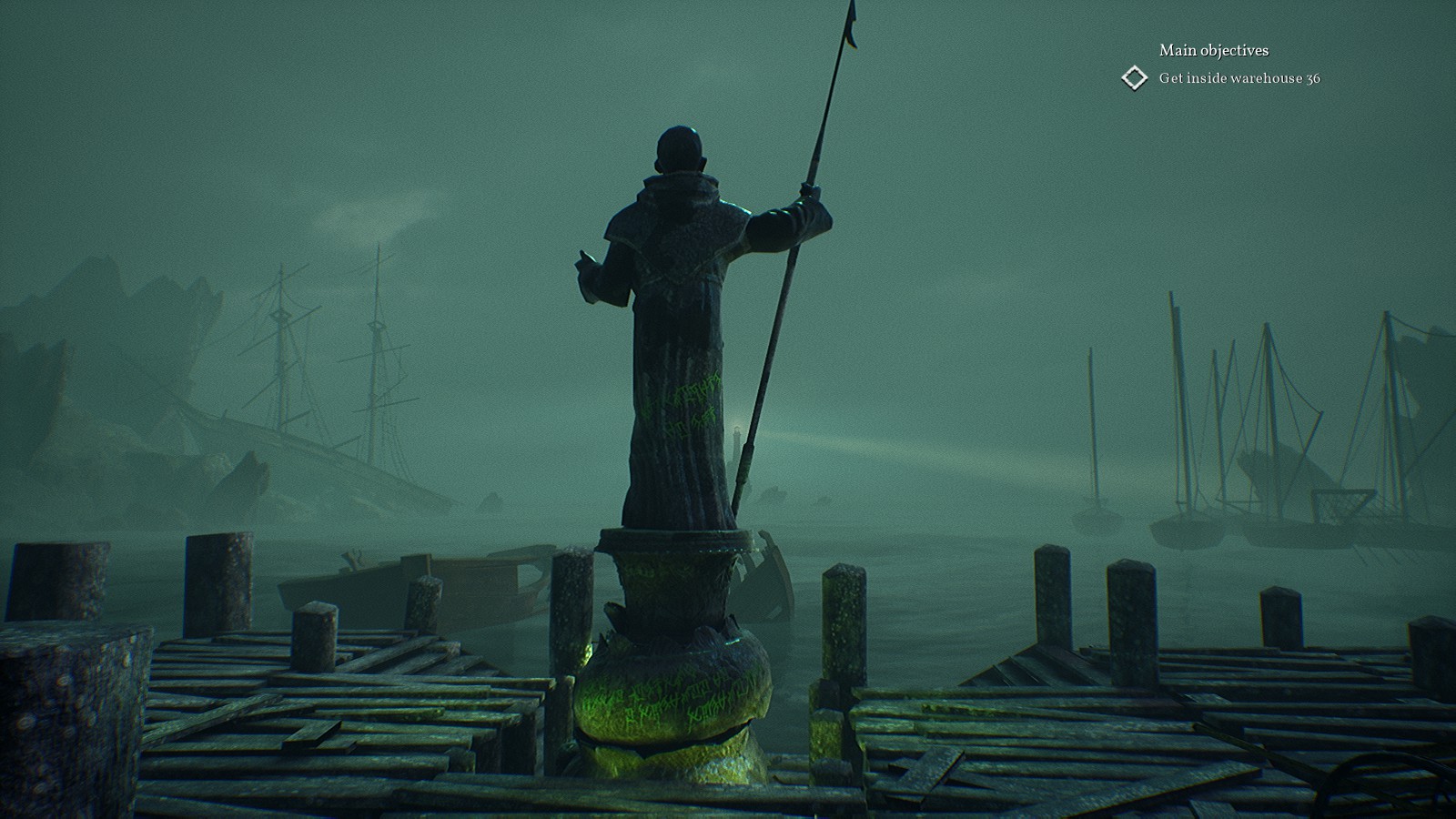
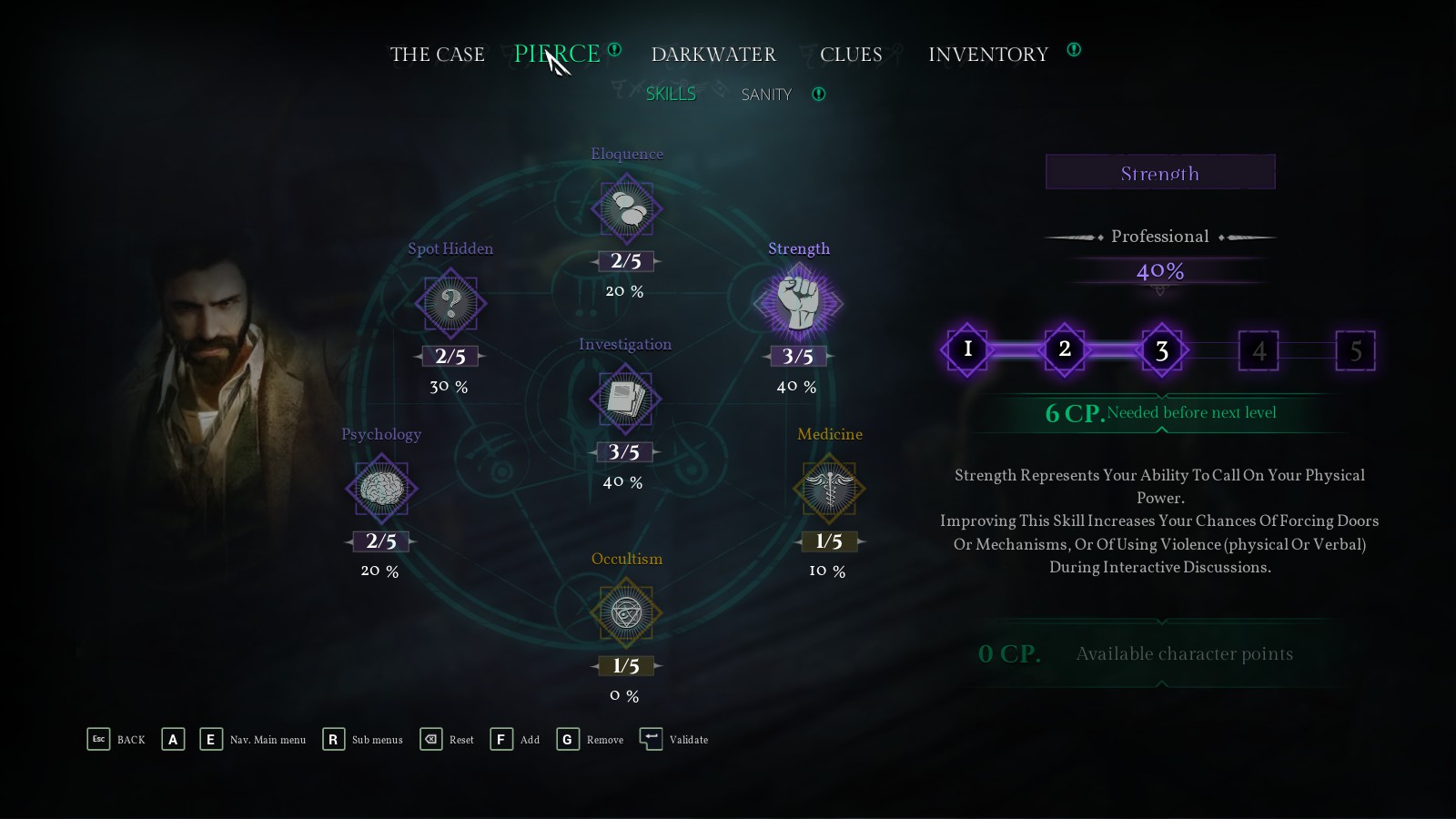
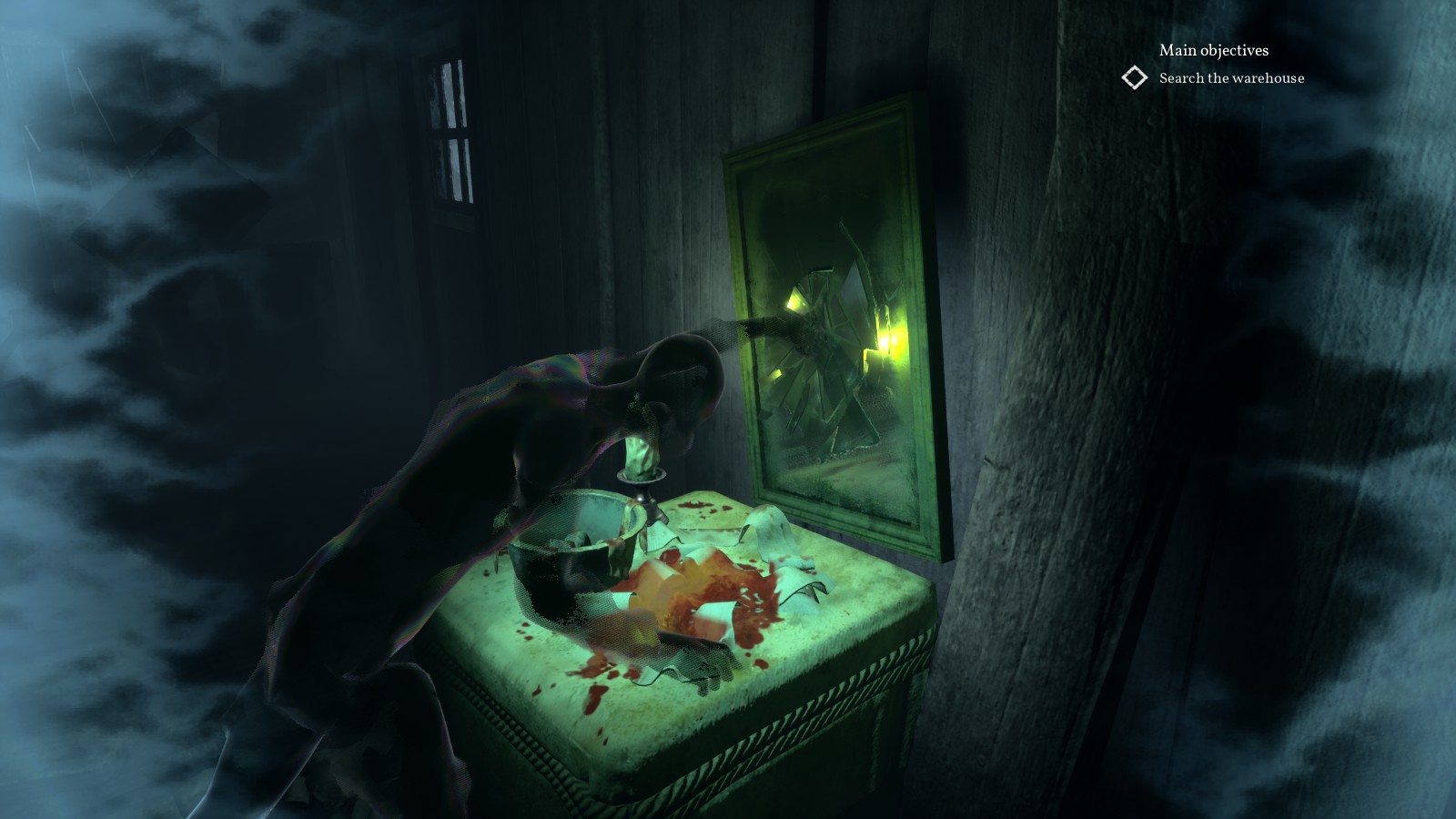
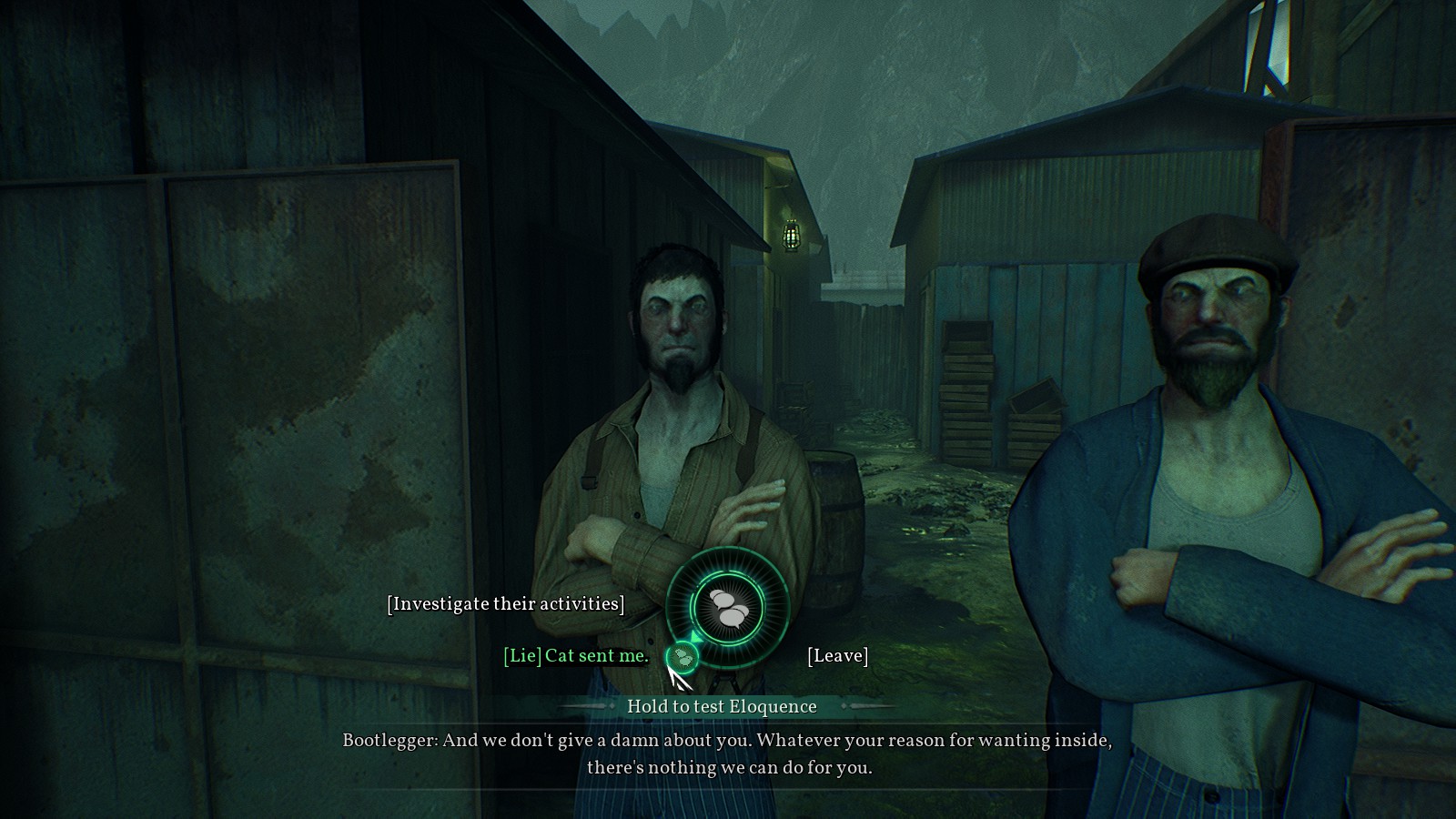
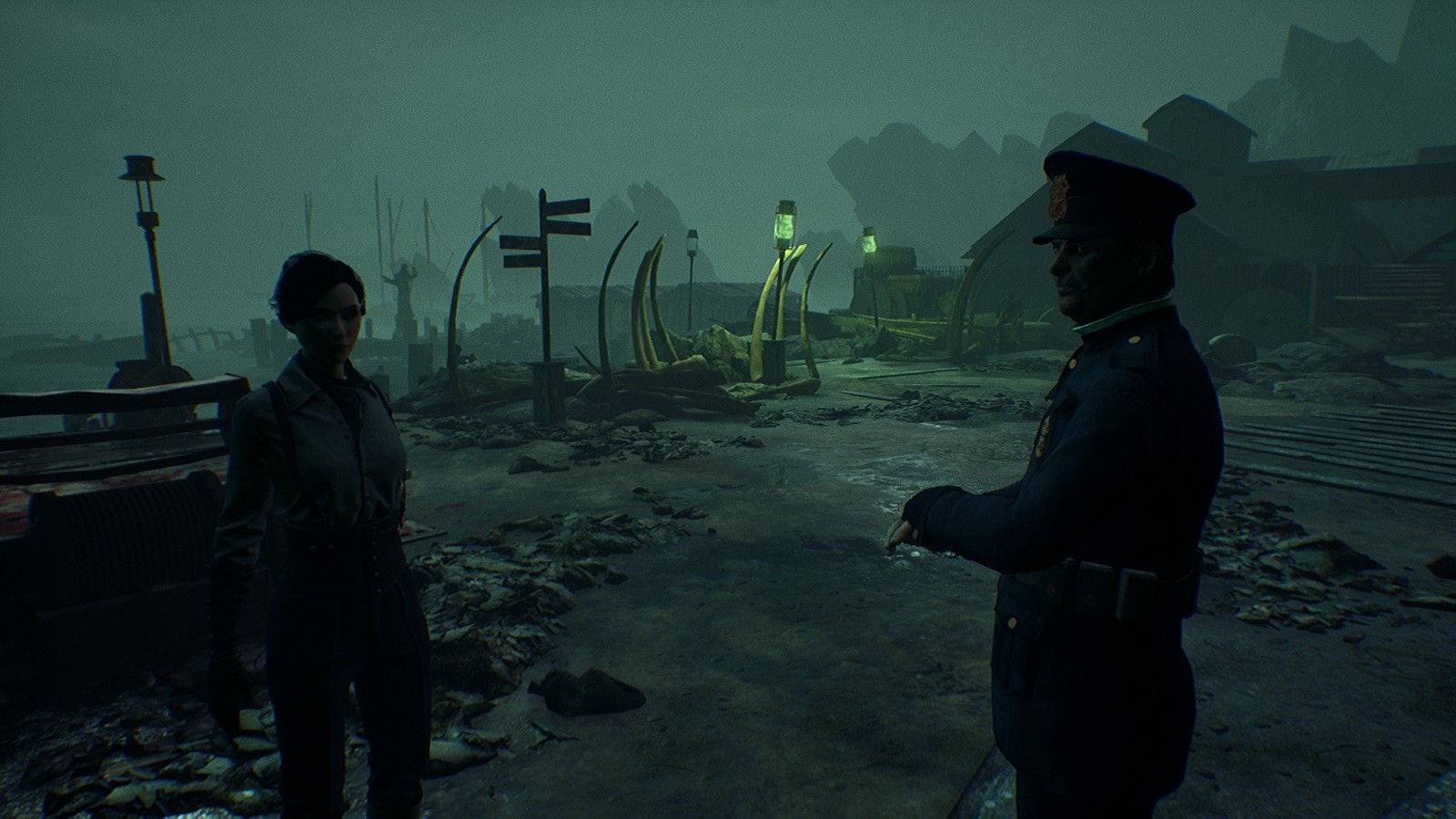
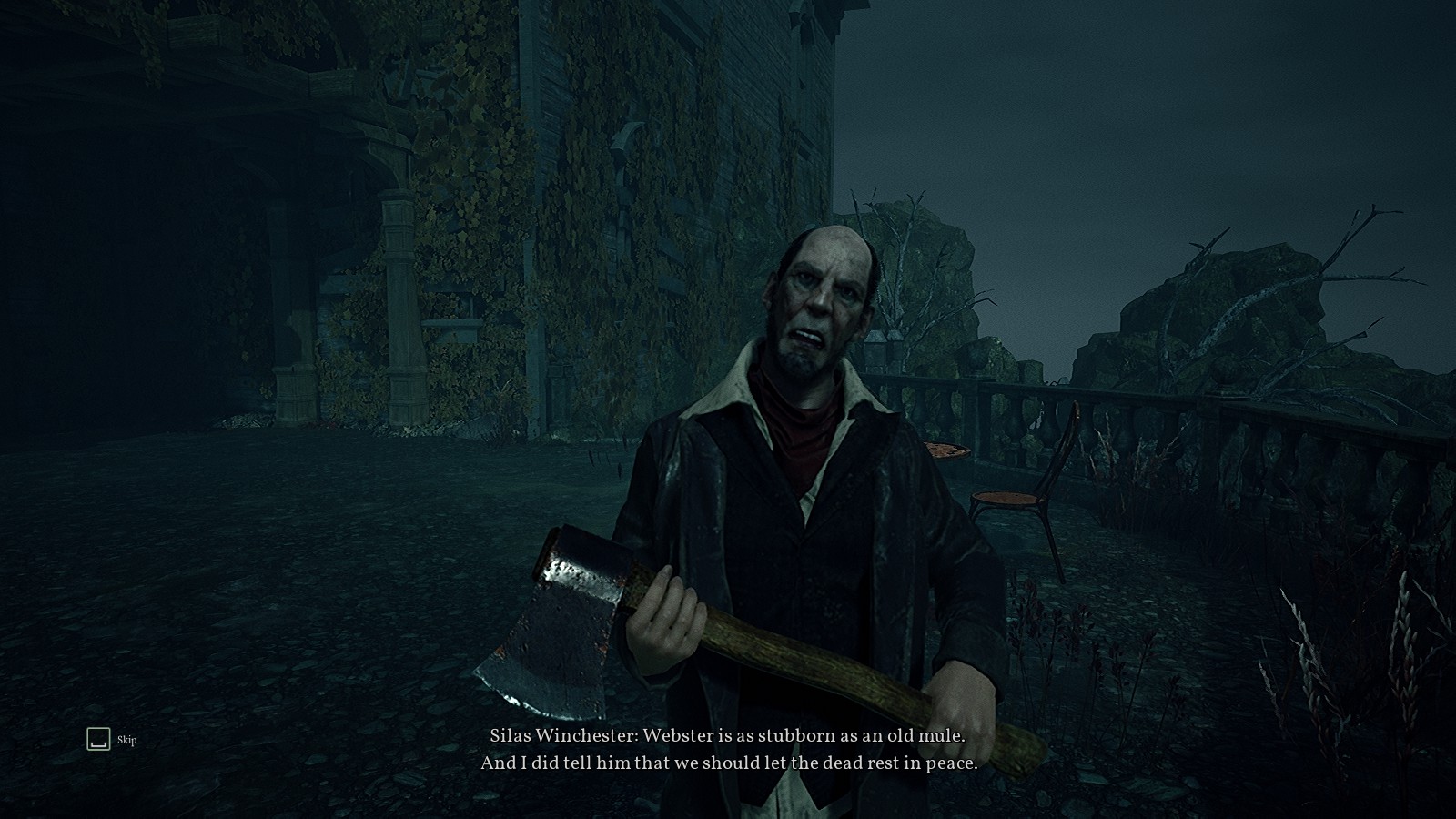
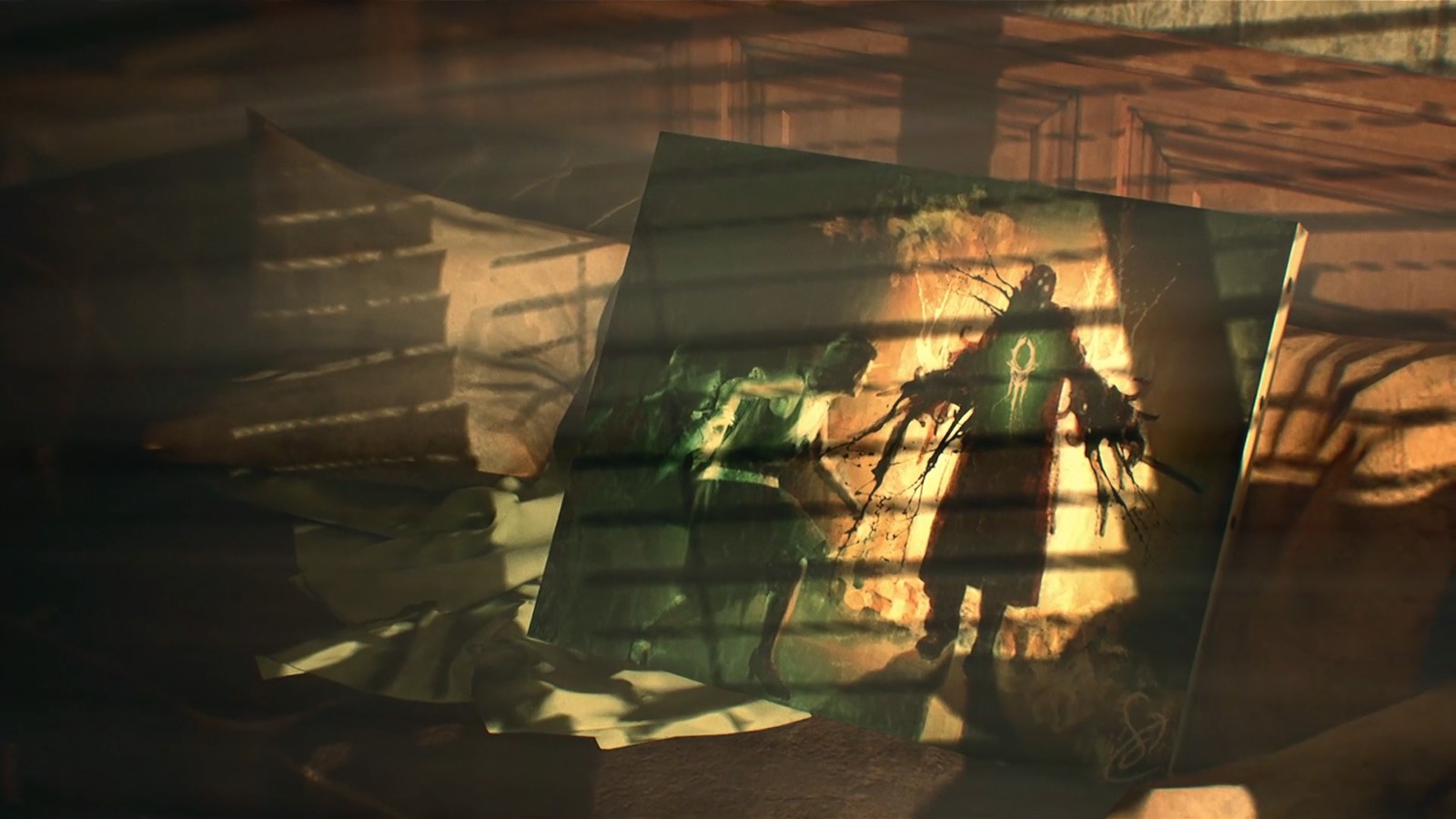





Published: Sep 25, 2018 01:50 pm